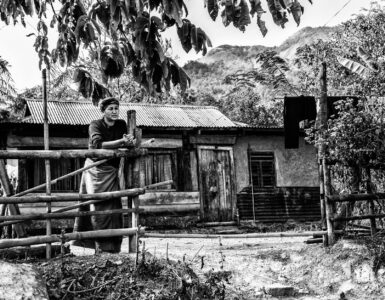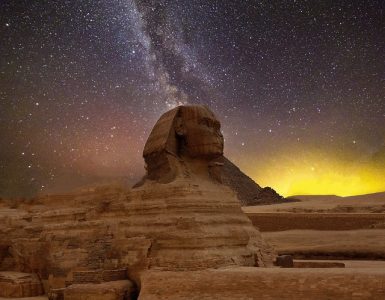As the stock market crashed in 1929, it sent shockwaves globally. Countries that were trading partners with the U.S. felt the impact almost immediately. Picture a game of dominoes; when the first one falls, it triggers a chain reaction. Industries crumbled, unemployment soared, and families struggled to put food on the table. It wasn’t just about money; it was about survival. People resorted to barter systems just to get by, and soup kitchens became lifelines for entire communities.
But it wasn’t just financial ruin. The Great Depression also sowed seeds of despair and unrest. In places like Germany, the economic turmoil paved the way for political upheaval. Desperate times led to desperate measures, and ideologies began to shift. People were searching for someone to blame, and national leaders took advantage of this vulnerability.
Farmers were hit hard too, especially in the Dust Bowl region of the U.S. They watched as their crops withered under barren skies, losing their livelihoods while migrating westward in search of better opportunities. It’s as if nature itself conspired against them, leaving families with nothing but hope and grit.
Across oceans, the ripple effect continued. Countries that relied heavily on exports found their markets shrinking, leading to international tensions. The whole world was in turmoil, and the Great Depression was the catalyst that changed how people viewed economics, politics, and society itself. It was a difficult chapter that shaped the course of history for generations to come.
Causes of the Economic Collapse

One primary cause is often poor financial regulation. Imagine your favorite ice cream shop running out of flavors because the owner decided not to stock up. Similarly, when financial institutions are loosely regulated, they can make risky choices that may lead to catastrophic outcomes. Without checks and balances, banks can lend excessively, creating a bubble that eventually pops, sending shockwaves through the economy.
Another culprit? High levels of debt. Picture this: you’ve maxed out your credit cards and still keep adding more expenses. Eventually, it’s going to catch up with you. Countries can find themselves in the same boat, accumulating debts until they can no longer service them, leading to a national financial crisis. It’s like a game of Jenga; pull out too many blocks, and the whole tower crashes down.
Let’s not overlook the ripple effects of global markets. When one giant falls, smaller players often tremble in response. Think about it—if a major exporter faces trouble, countries that depend on their goods feel the pinch too. This interconnectivity can send economic tremors across the entire globe, as seen in the 2008 financial crisis.
And then there’s uncertainty. You know that feeling when you’re waiting for your exam results? The anxiety can be paralyzing. Economic stability thrives on trust and predictability. When geopolitical tensions rise or pandemics strike, uncertainty can freeze investments and consumer spending, pushing economies into a downspin. It’s a delicate balance, where a single misstep can lead to an economic freefall that impacts us all.
Long-Term Effects on Global Policies
Take climate change agreements, for instance. The signing of the Paris Agreement in 2015 wasn’t just a piece of paper; it was a commitment that sent shockwaves throughout international relations. Countries that once looked at each other with suspicion started collaborating, sharing technology and green initiatives. This partnership sparked new policies that prioritized sustainability, influencing everything from trade to immigration laws. It’s as if a domino fell and now, countries are reshaping their entire infrastructures around greener practices.
But it’s not just environmental policies that feel the long-term effects. Economic shifts can alter the political landscape, too. Consider how trade agreements can lead to alliances. When nations decide to lower tariffs, they’re not just encouraging commerce—they’re fostering relationships. These economic bonds can establish a network of trust that influences decisions in areas like security, human rights, and even cultural exchange. It’s like building a bridge; the more connections you have, the stronger the structure becomes.

























Add comment